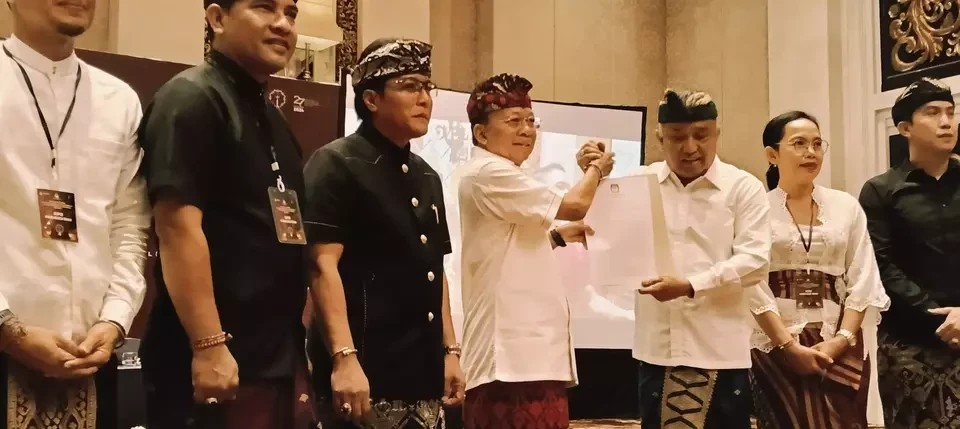
Bali Governor Wayan Koster is developing 15 regional regulations aimed at supporting the island’s sustainable development. These regulations focus on land-use control and coastal protection to safeguard the interests of the local population.
Koster highlighted the impact of tourism on Bali’s cultural traditions, particularly how restricted beach access disrupts traditional ceremonies and local livelihoods. As a result, coastal protection has become a key priority in the upcoming regulatory package.
Additionally, Koster has proposed new regulations to establish regional state-owned enterprises (BUMD) in sectors such as food, water supply, clean energy, and transportation. These enterprises, along with regulations for tourism management and the creative economy, indicate a move toward greater bureaucratic oversight of Bali’s economic sectors.
List of 15 Proposed Regional Regulations for Bali:
1. Regulating Balinese community life based on traditional Sat Kerthi values in Bali’s new era (a concept promoting harmony between people, nature, and the spiritual world).
2. Protection of sacred mountains.
3. Detailed provincial zoning plan, creating thematic zones to provide legal clarity for investors.
4. Control over land-use changes and property ownership transfers, including preventing fraudulent nominee ownership.
5. Regulating coastal and beach protection to ensure accessibility for traditional ceremonies, community needs, and local economic activities.
6. Tourist protection measures.
7. Regulating the tourism business sector.
8. Management of transportation services within the tourism industry.
9. Monitoring and regulating modern retail chains.
10. Establishing a state-owned enterprise (BUMD) for food production.
11. Establishing a BUMD for water supply.
12. Establishing a BUMD for clean energy.
13. Establishing a BUMD for transportation.
14. Creating a Bali Tourism Authority to oversee tourism-related activities.
15. Establishing an agency for the creative and digital economy.
Koster emphasized that these regulations are designed not only to boost economic growth but also to balance investment opportunities with local traditions and the well-being of Bali’s residents.
The declared goals of these regulations include controlling tourist flow and quality, as well as reshaping business practices on the island. These new rules and regulations will likely impact the way businesses operate, making it essential for entrepreneurs to review their contracts and legal documents for compliance.
Governments often strictly enforce such policy shifts, sometimes making examples out of violators. A similar scenario unfolded in neighboring Thailand, where businesses registered under nominee ownership had long been a common practice. However, when authorities suddenly cracked down on such arrangements, many companies suffered severe consequences—assets were seized, and owners faced legal repercussions.
As Bali moves toward tighter regulations, businesses should stay vigilant and proactive to avoid potential legal pitfalls.
Sources: mediaindonesia, antara


You can add one right now!